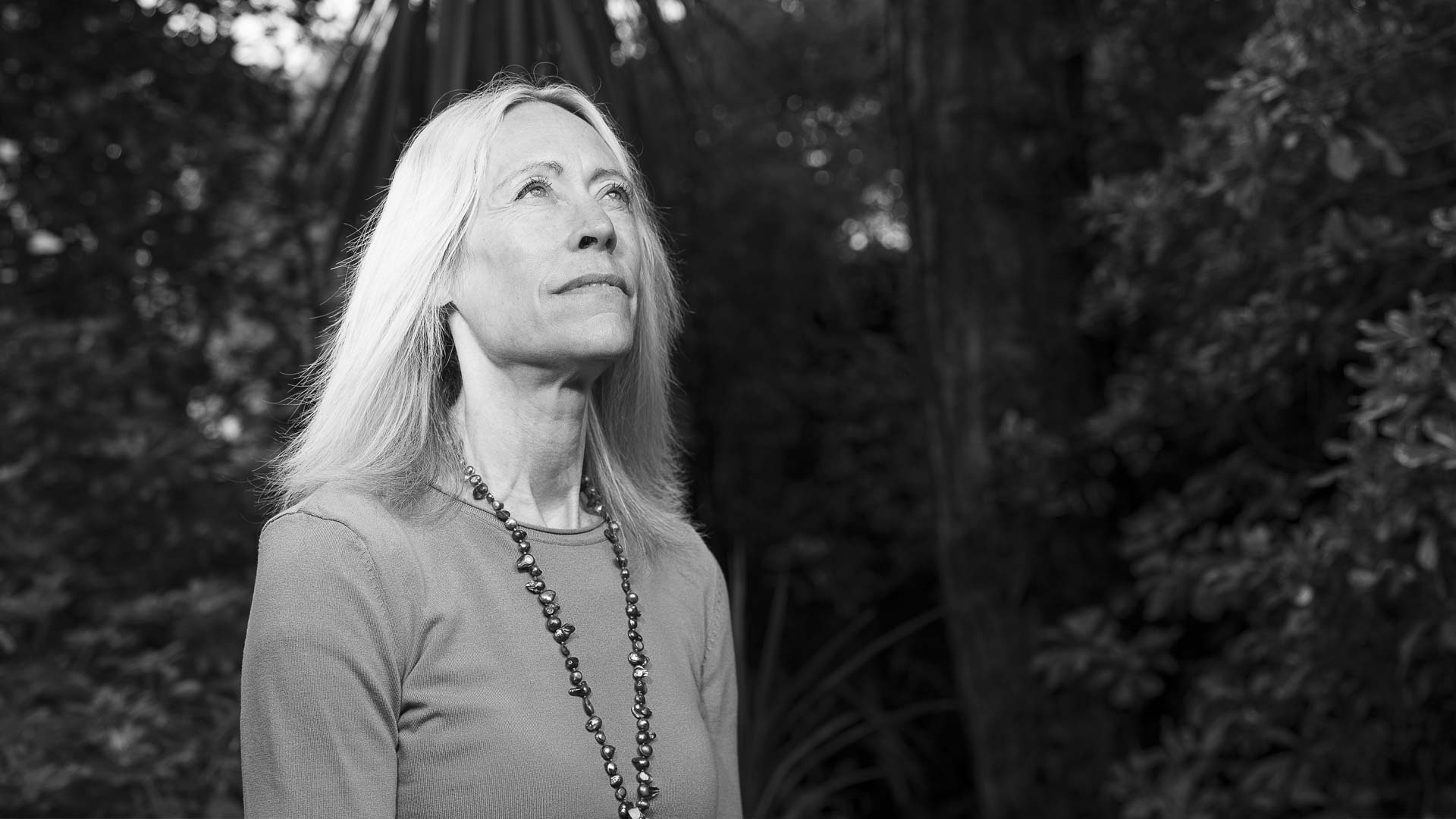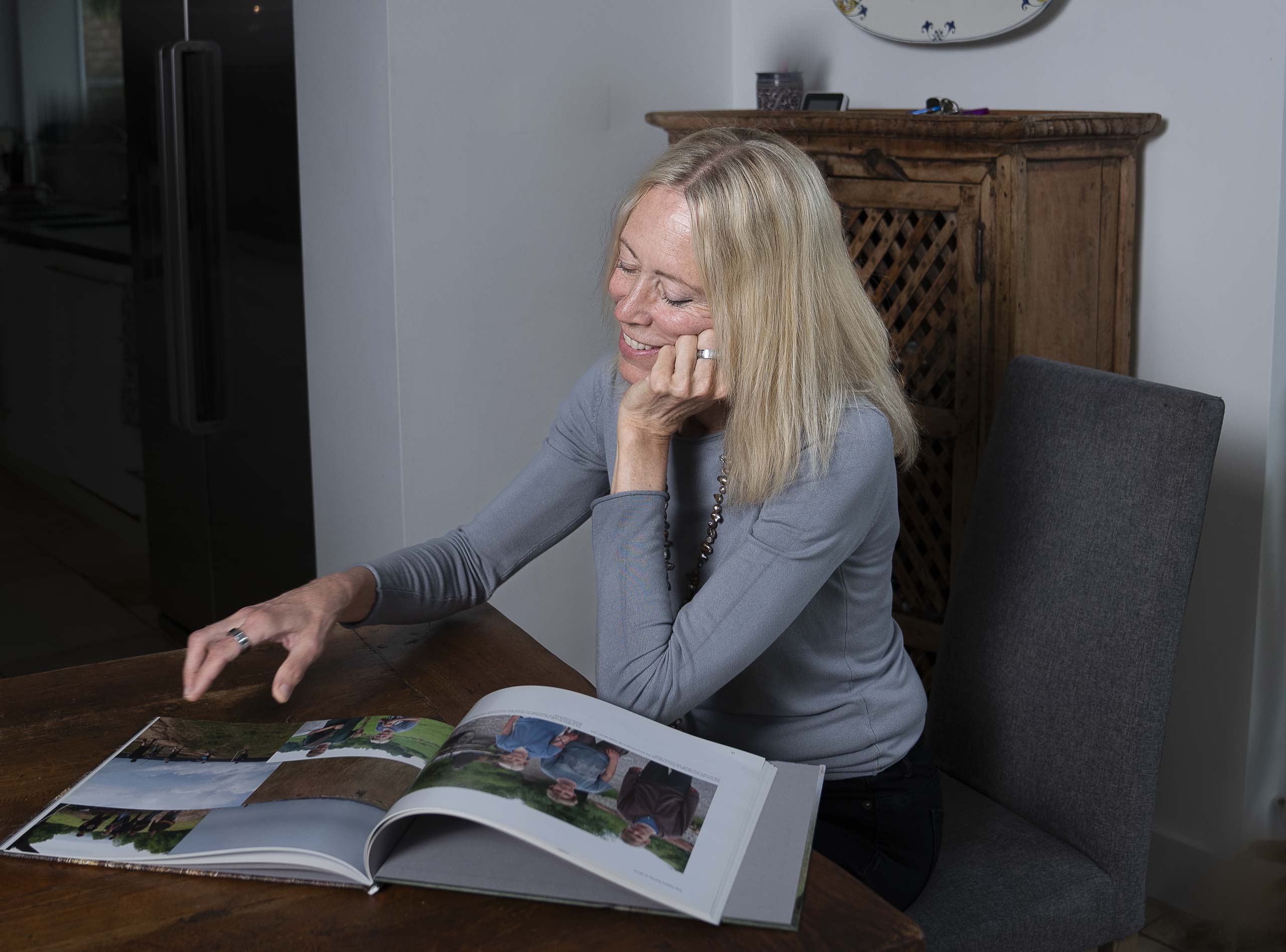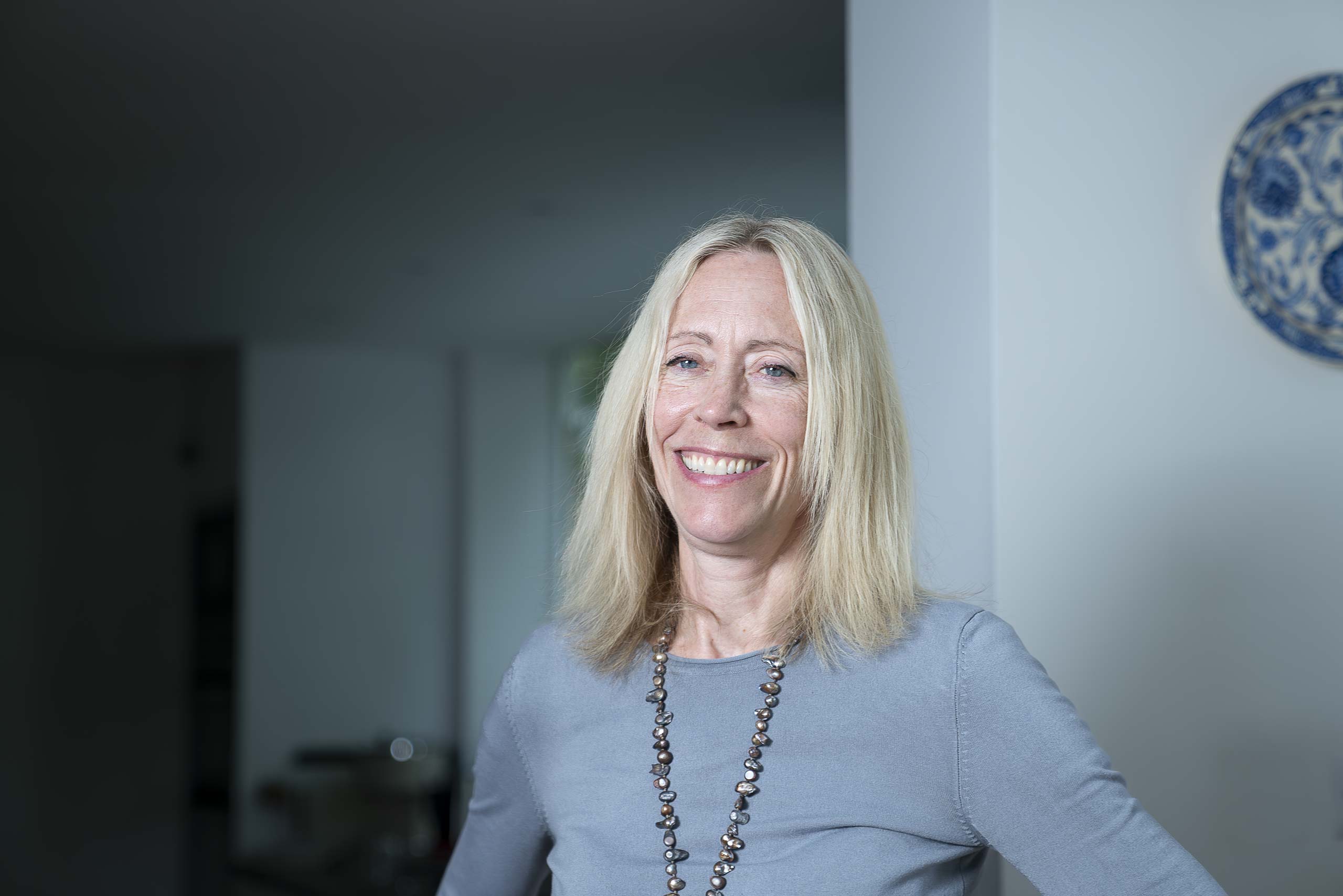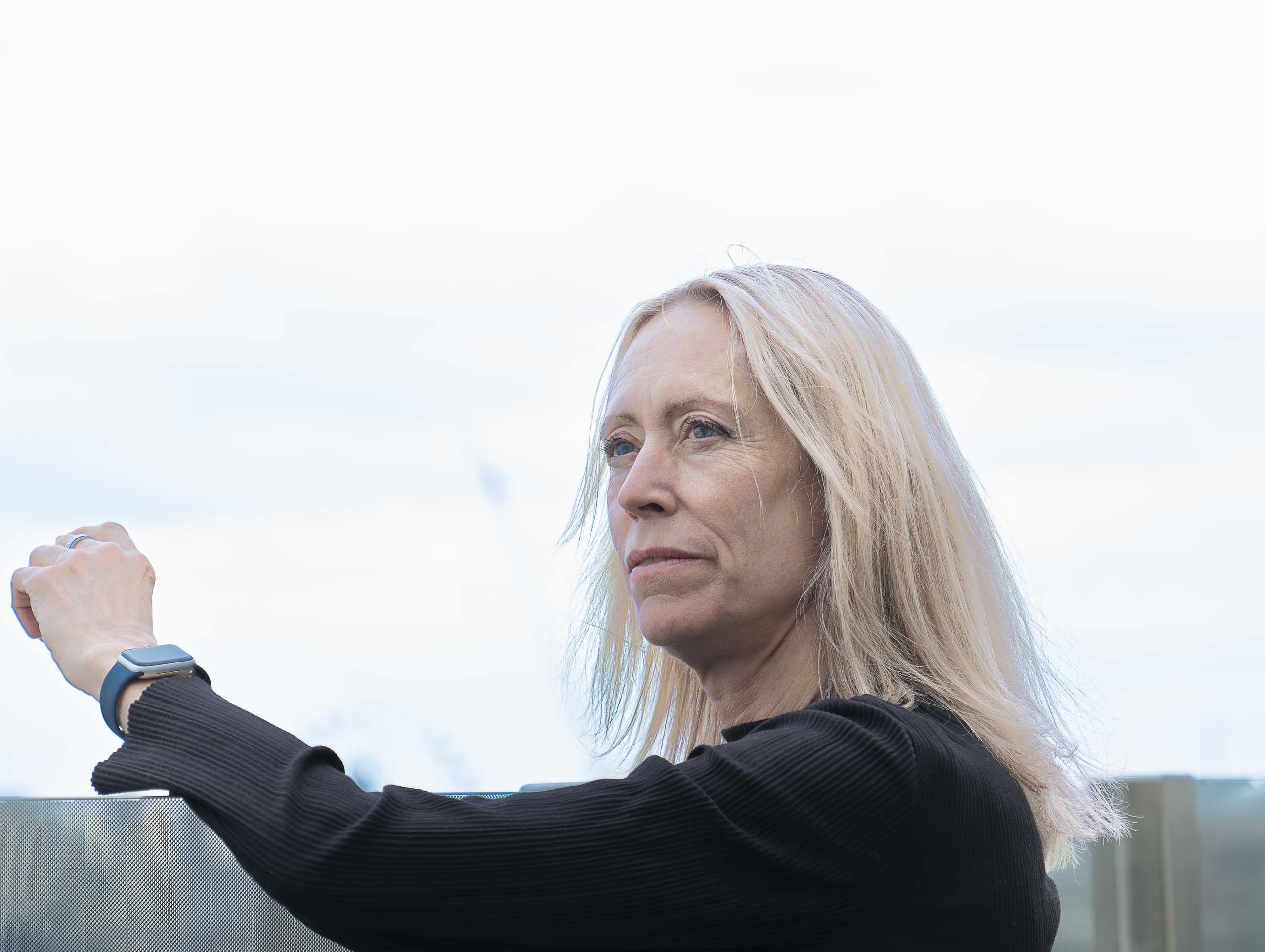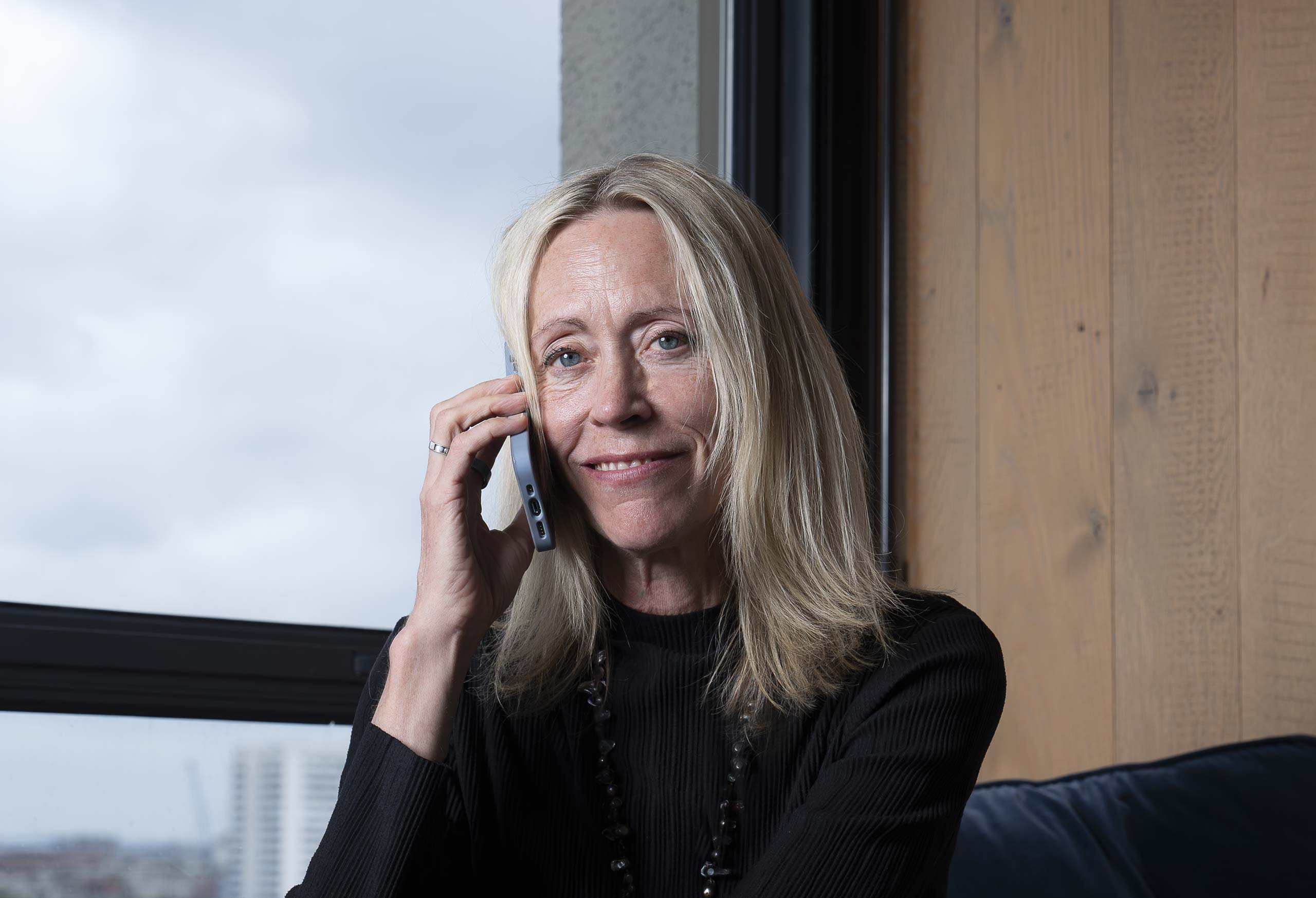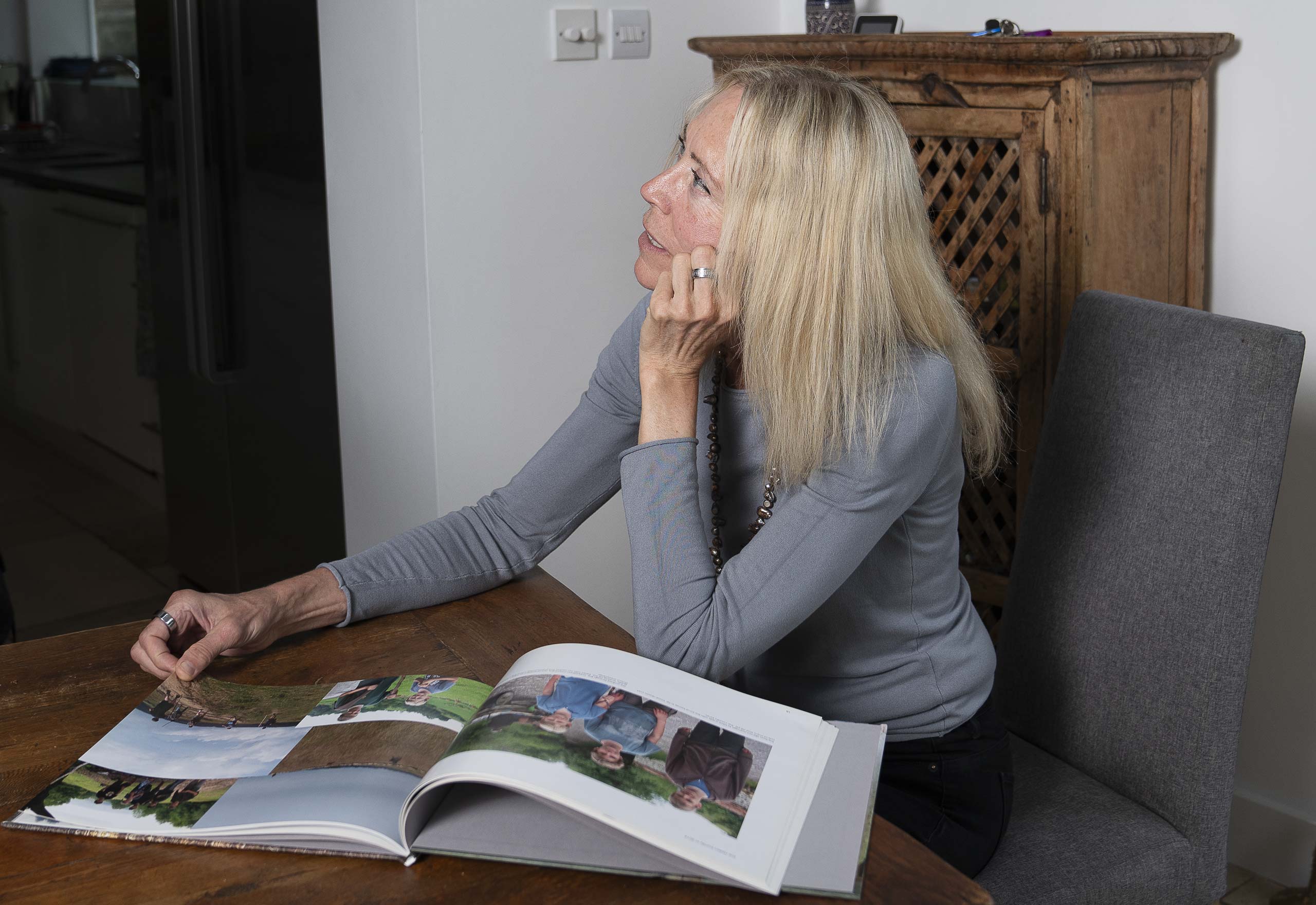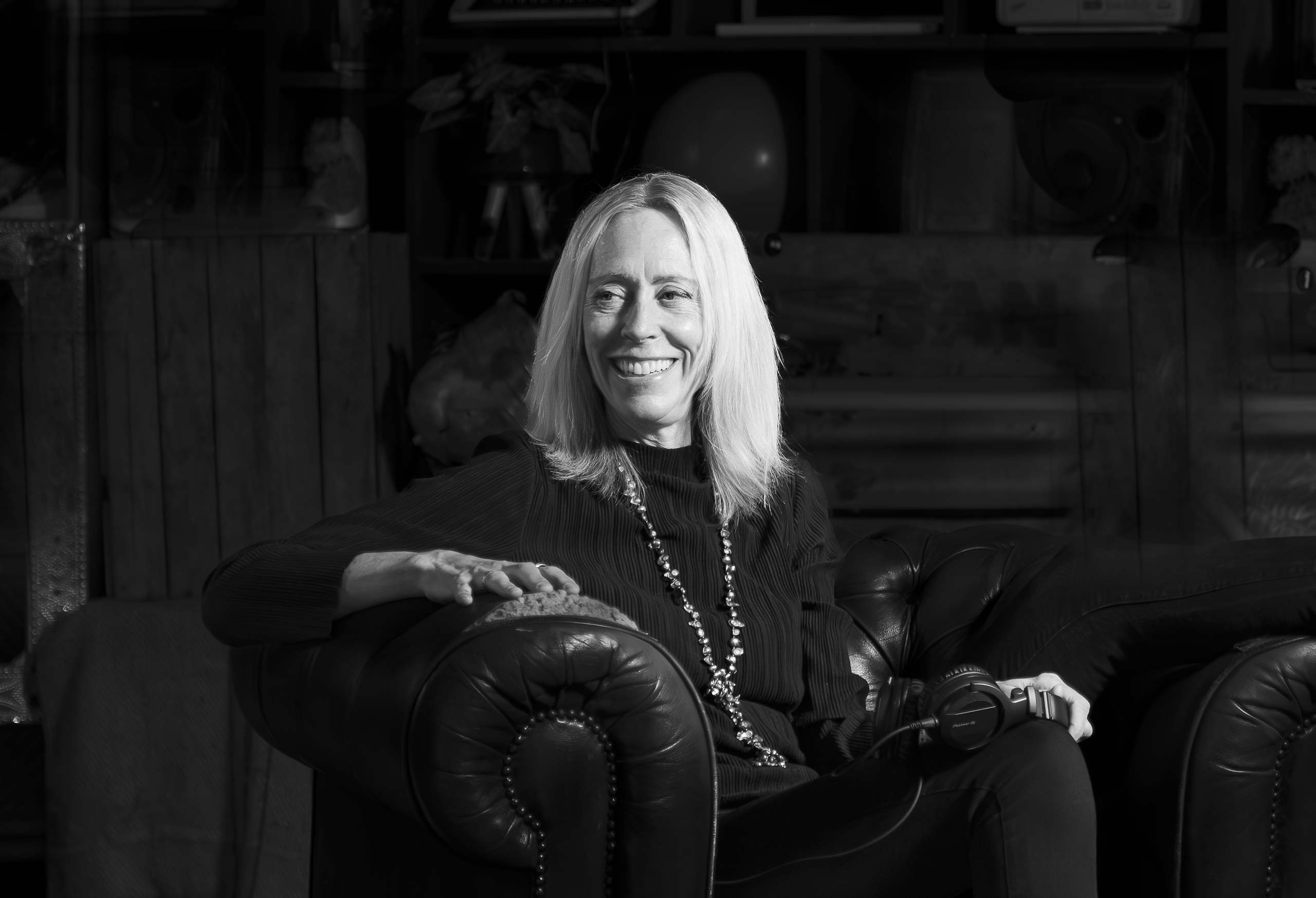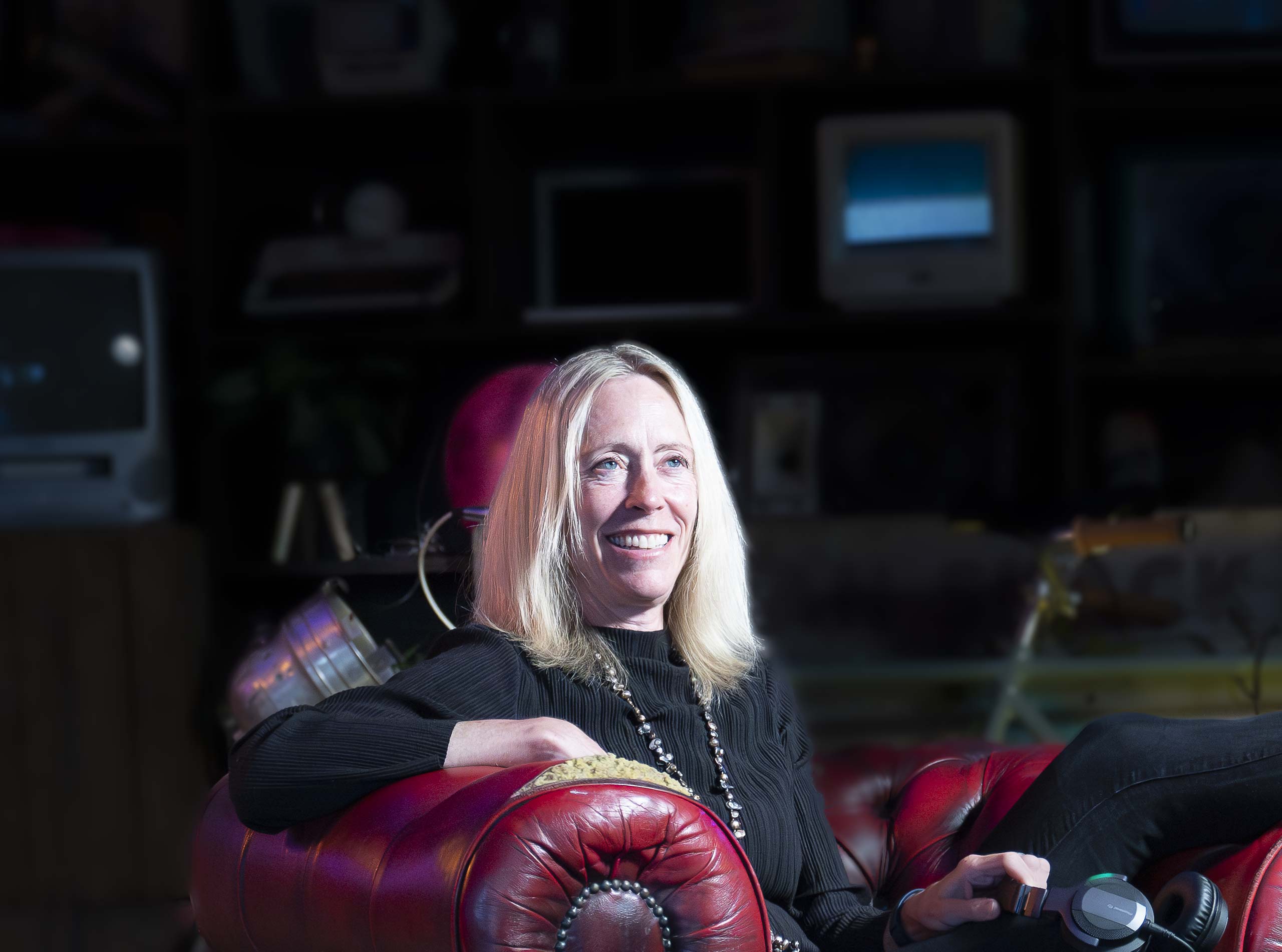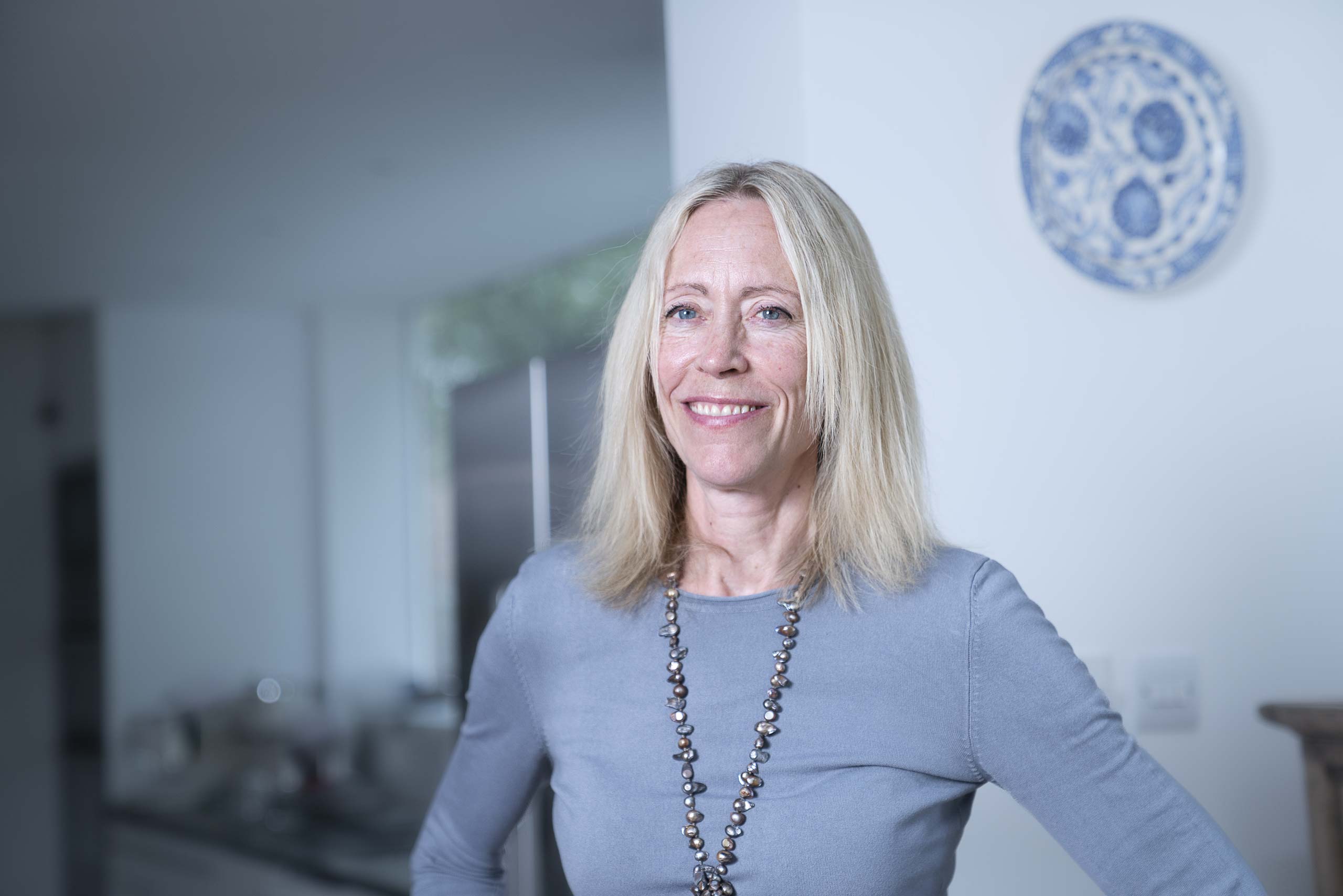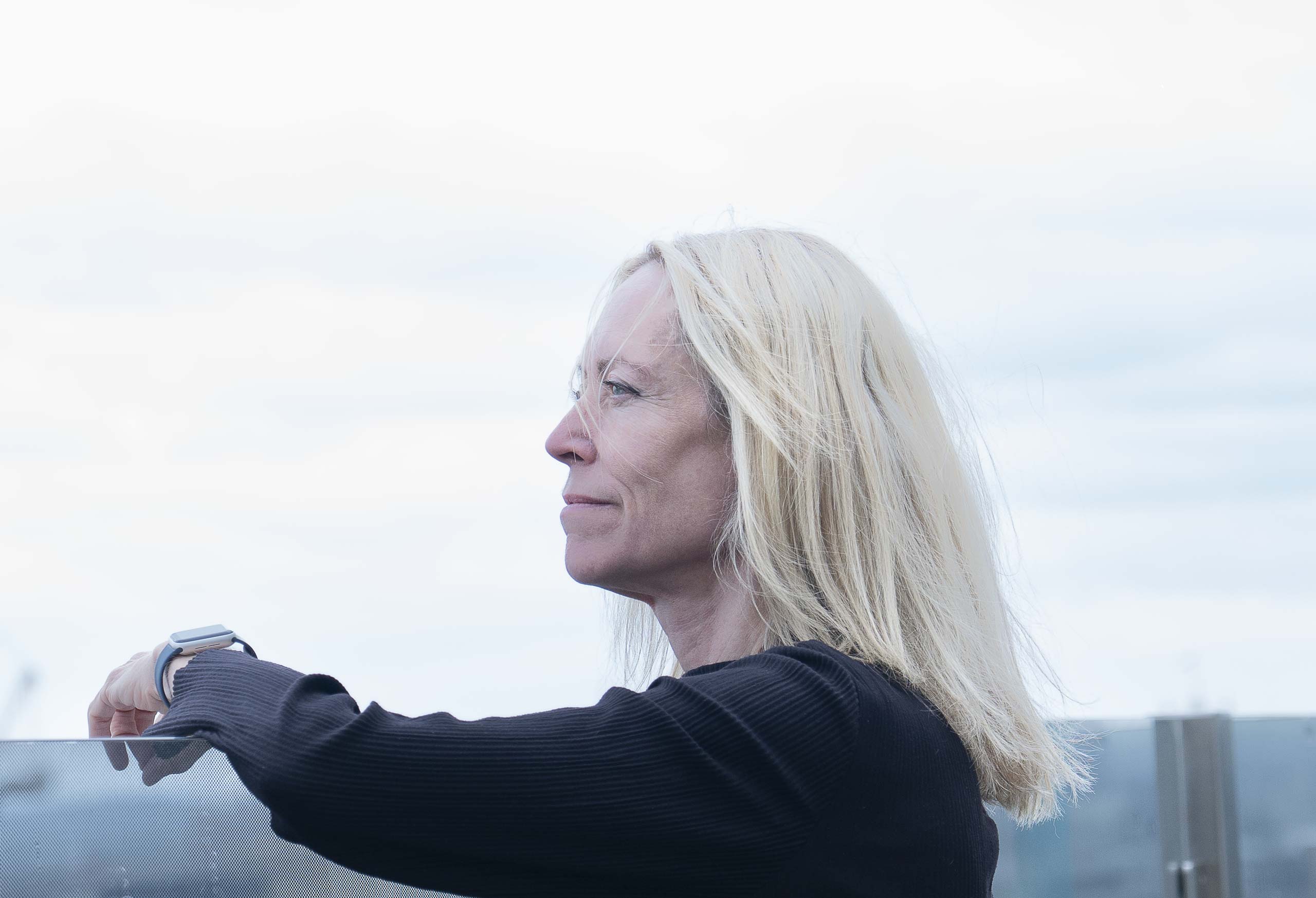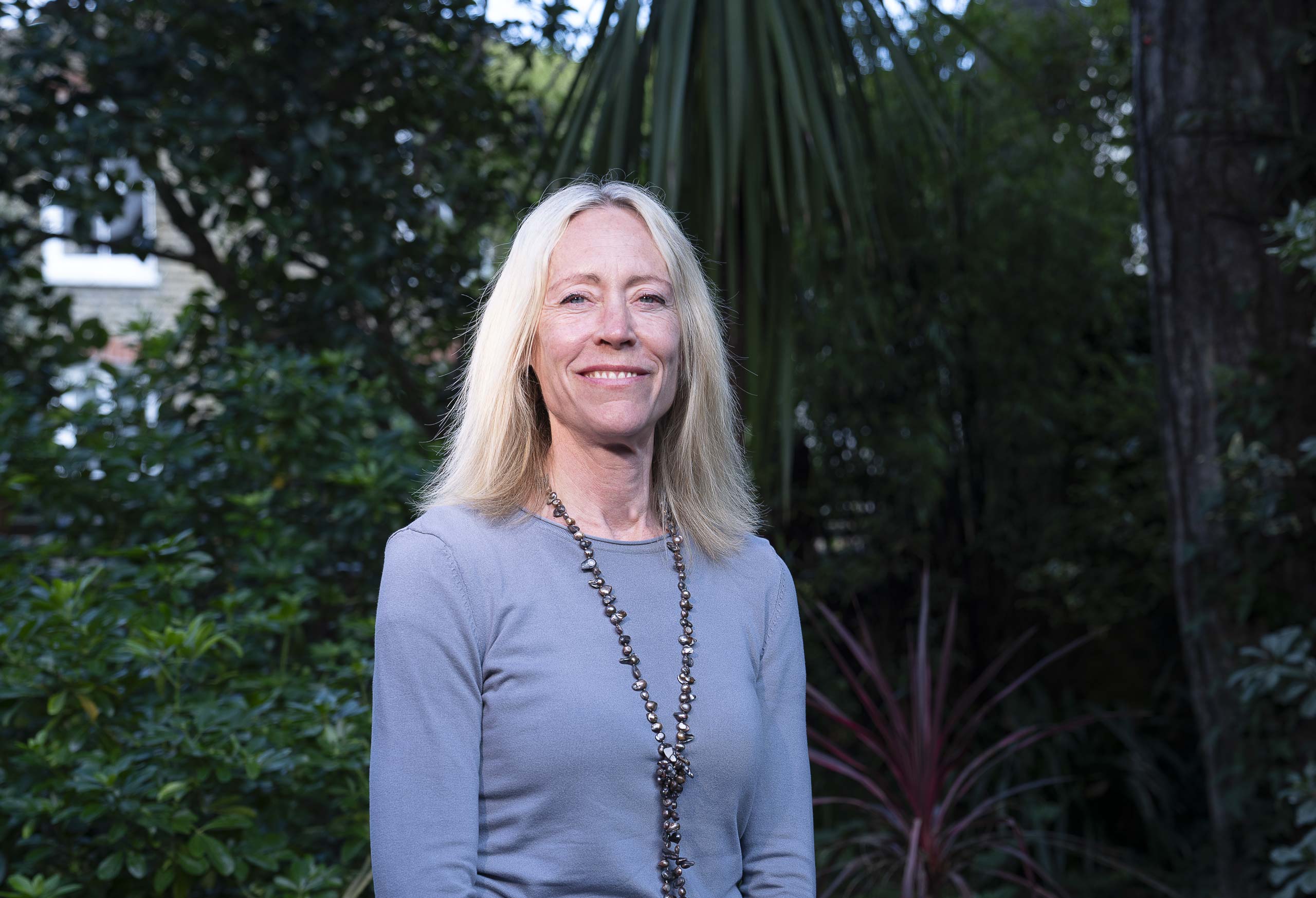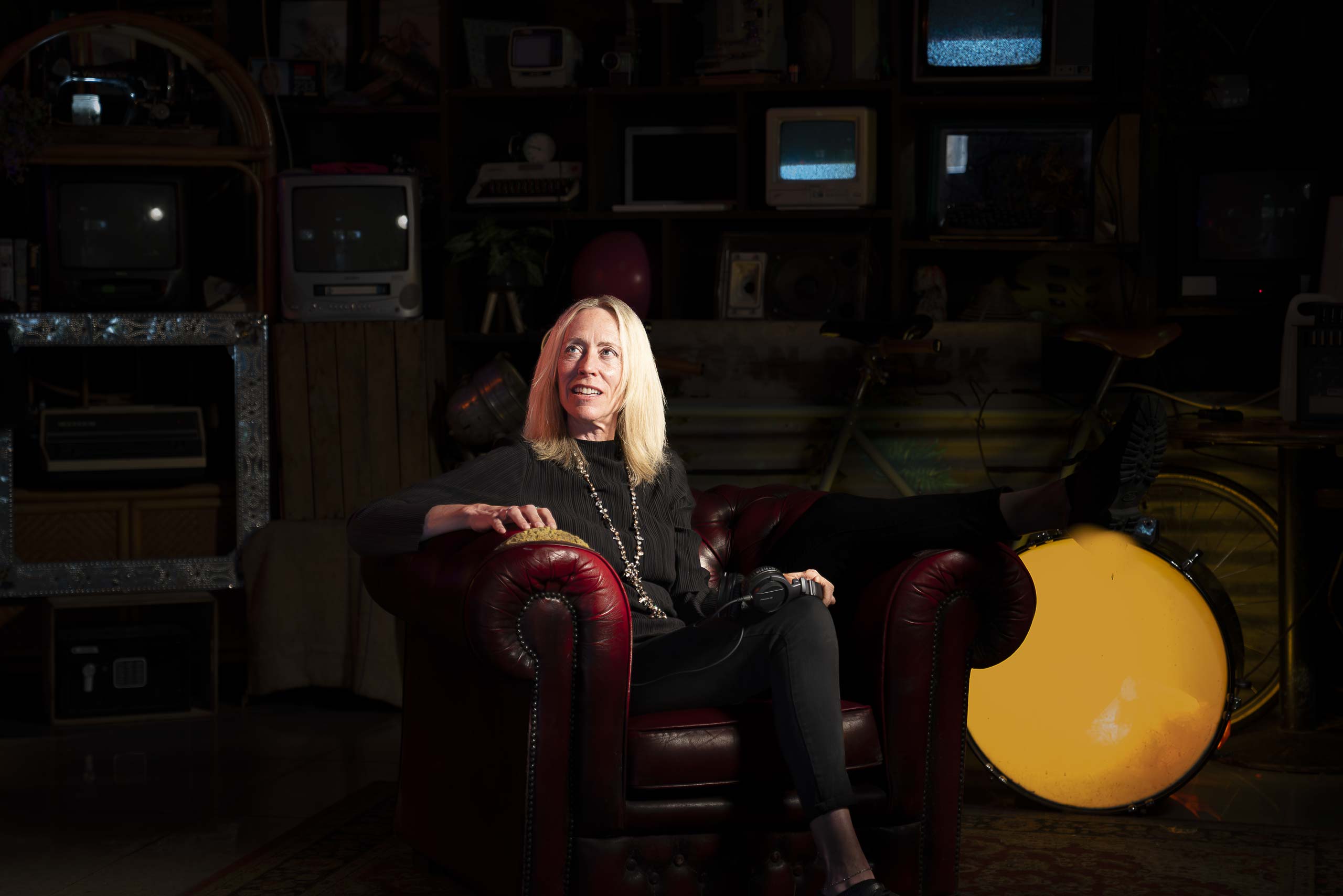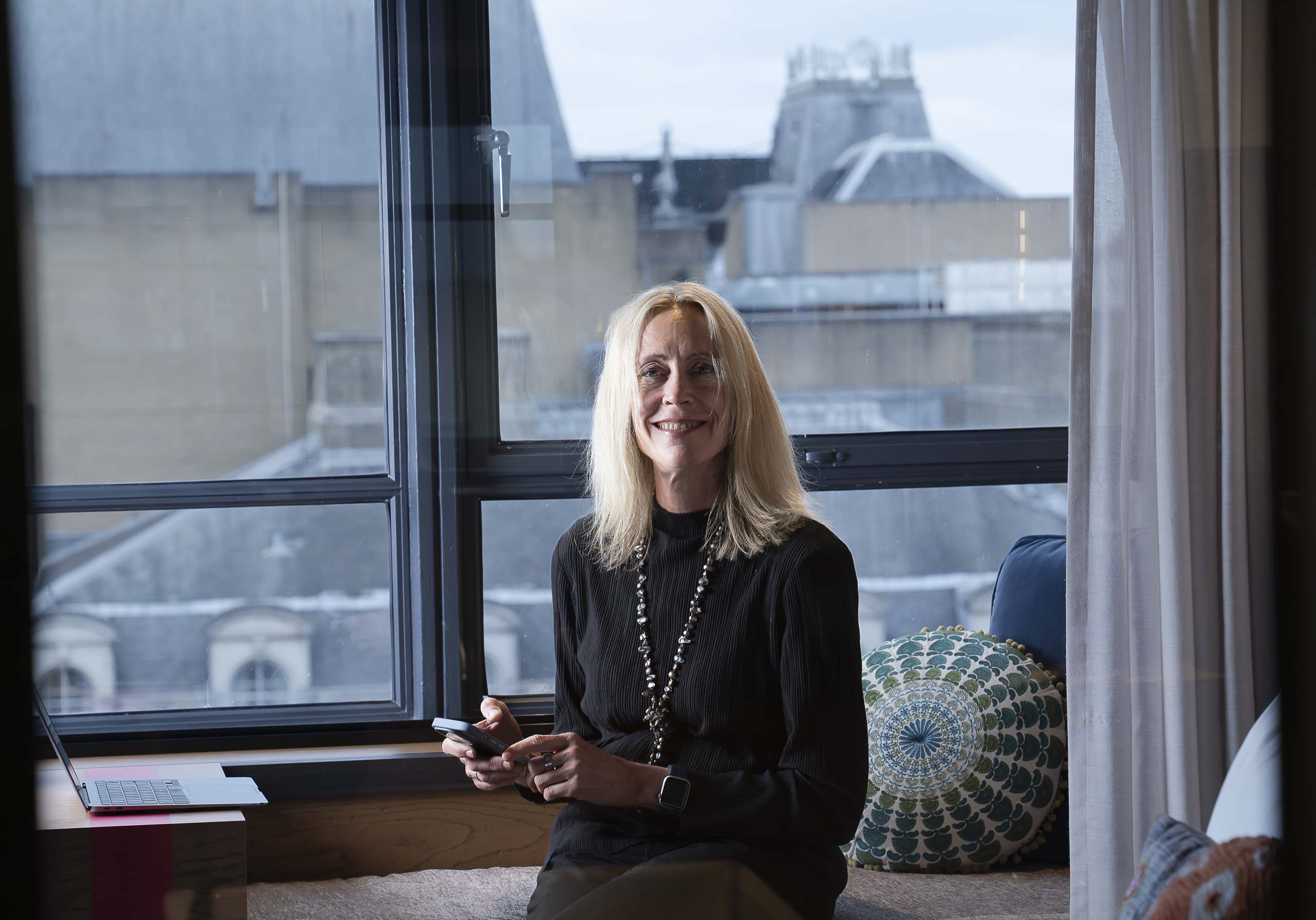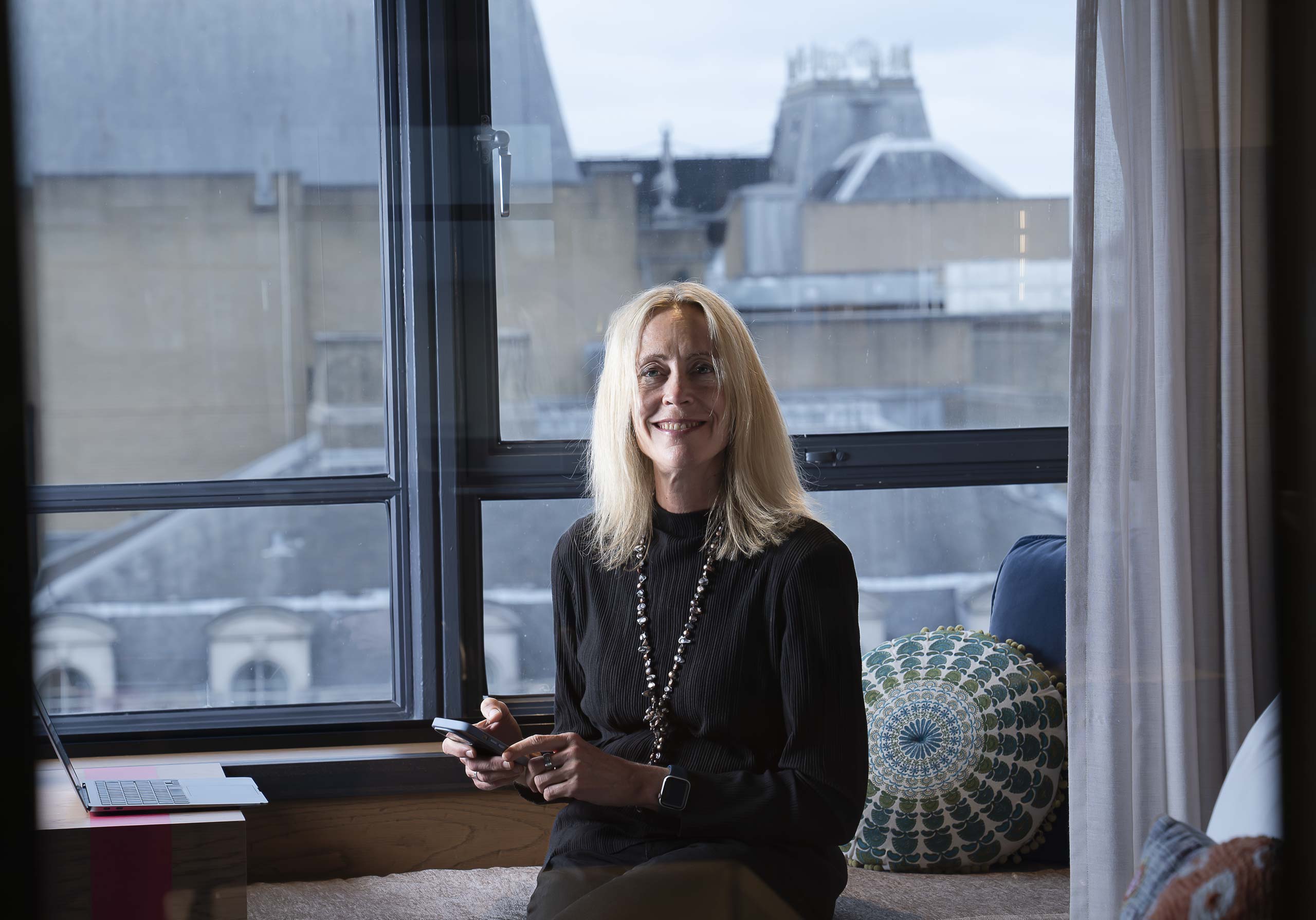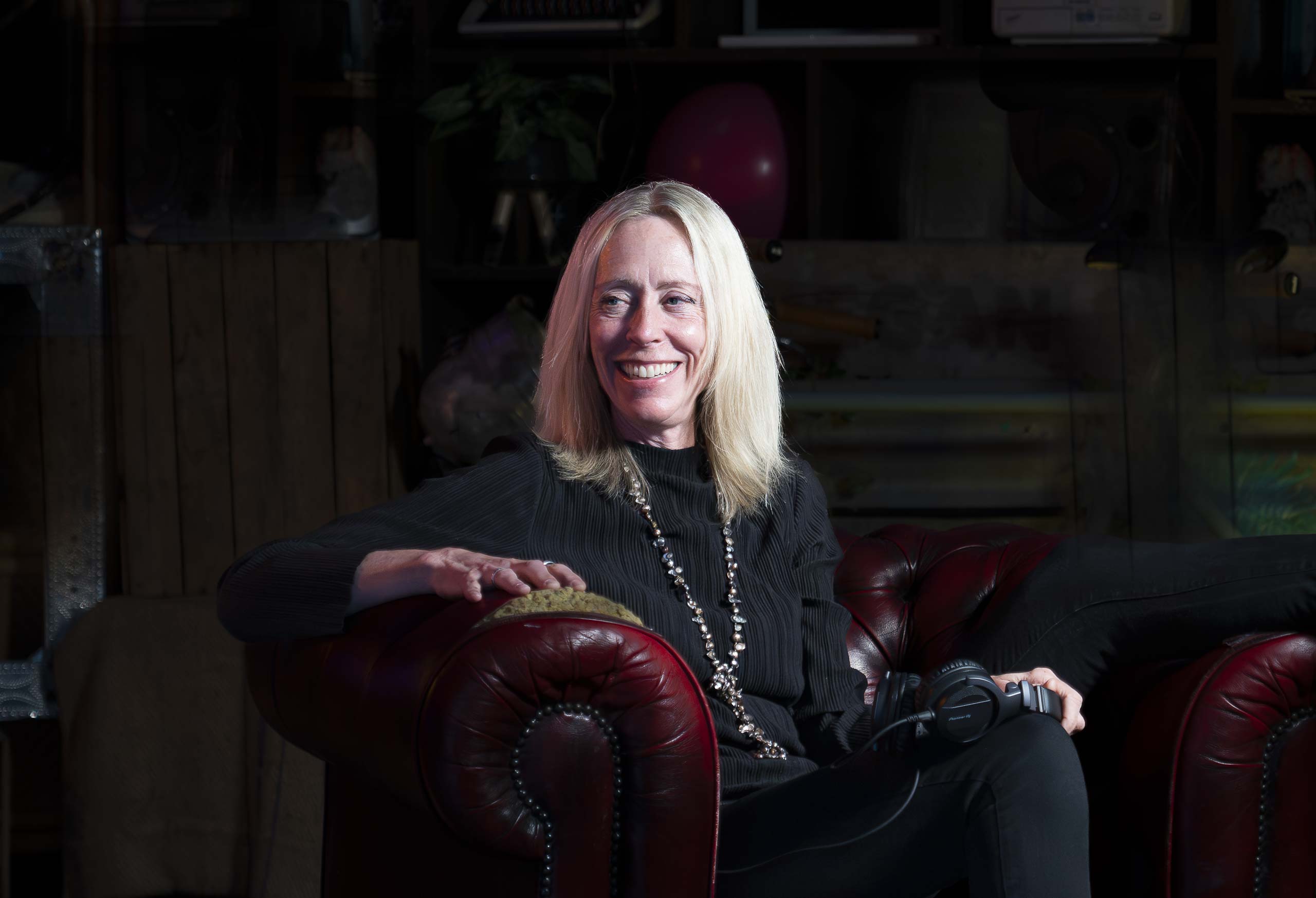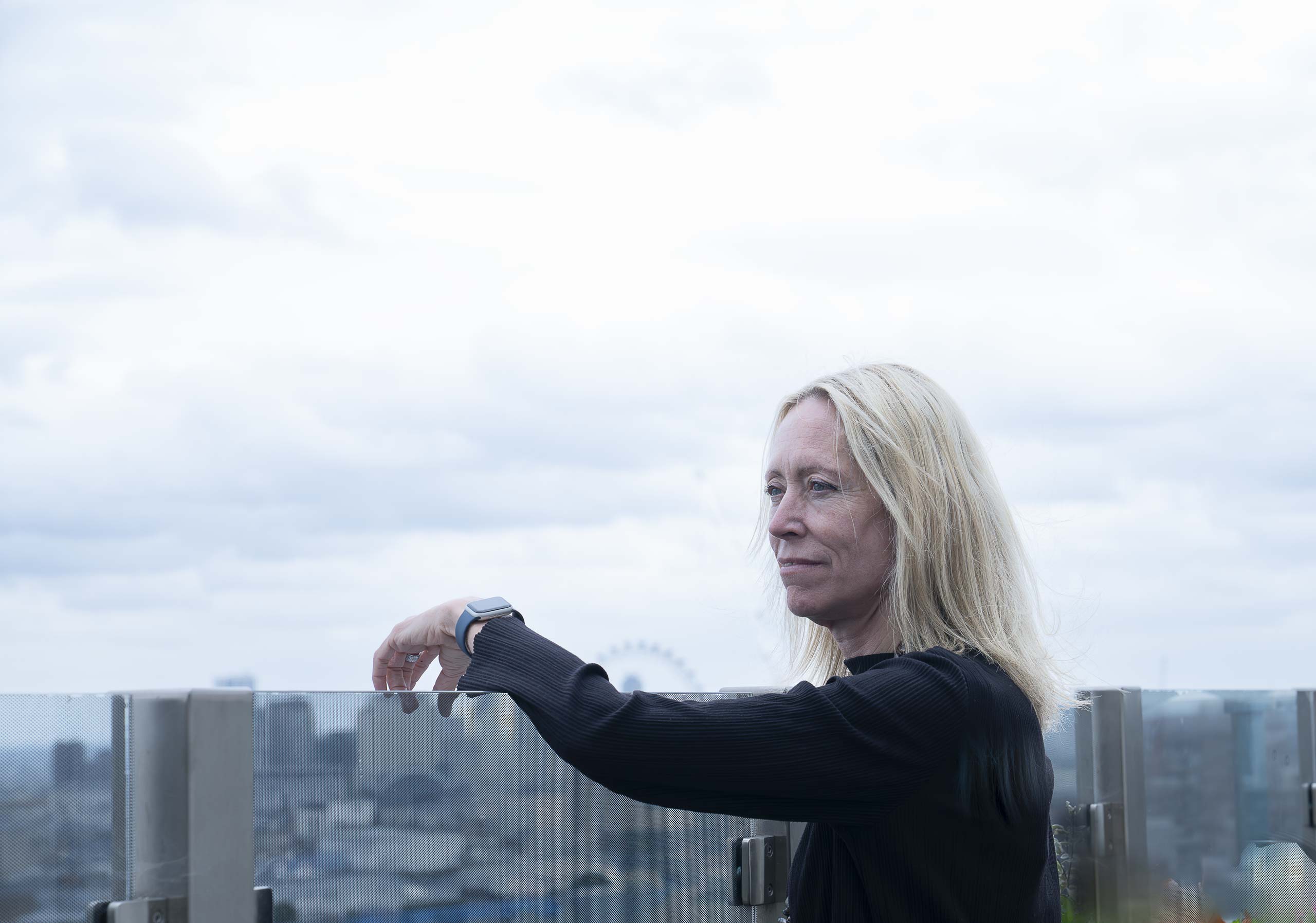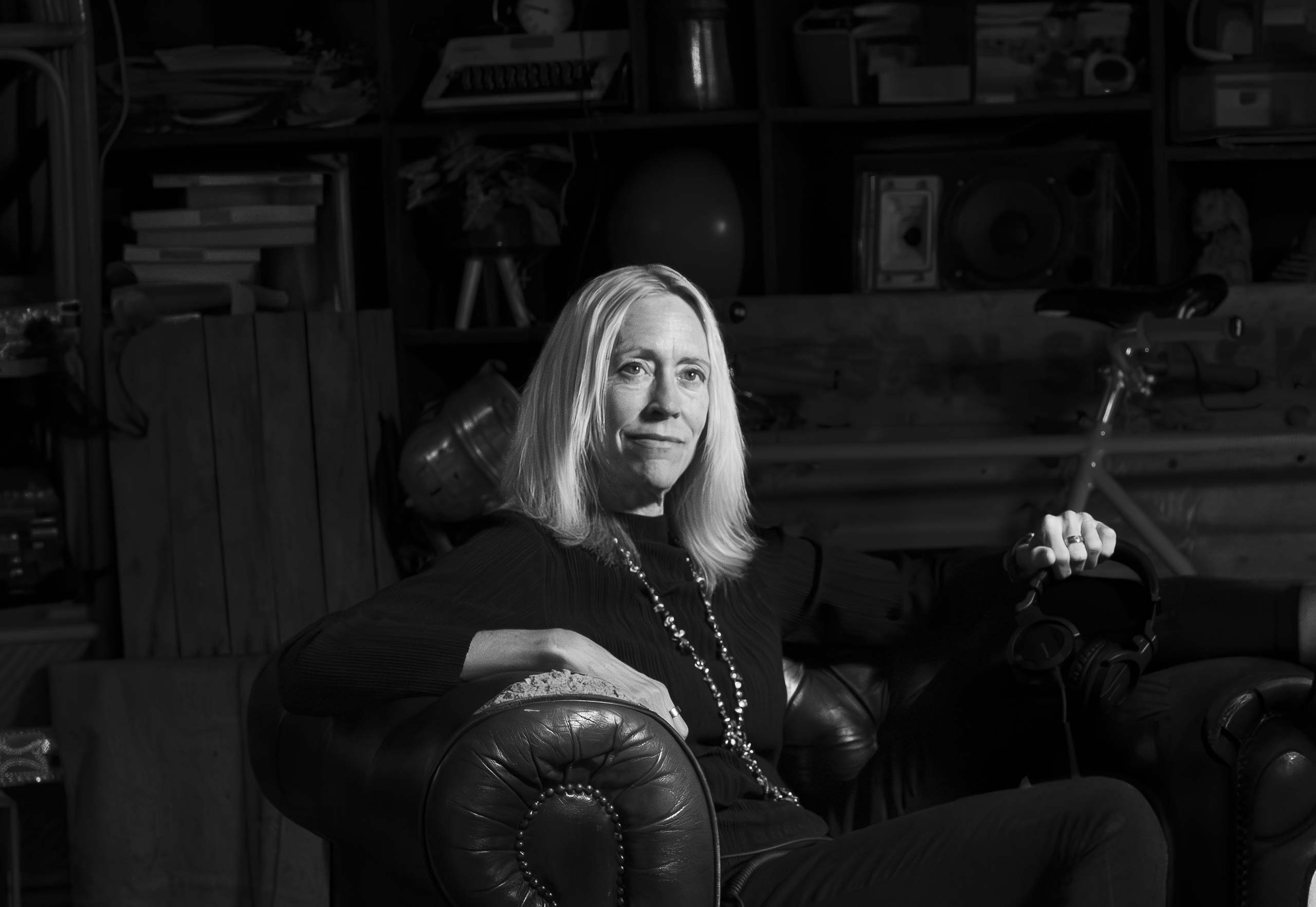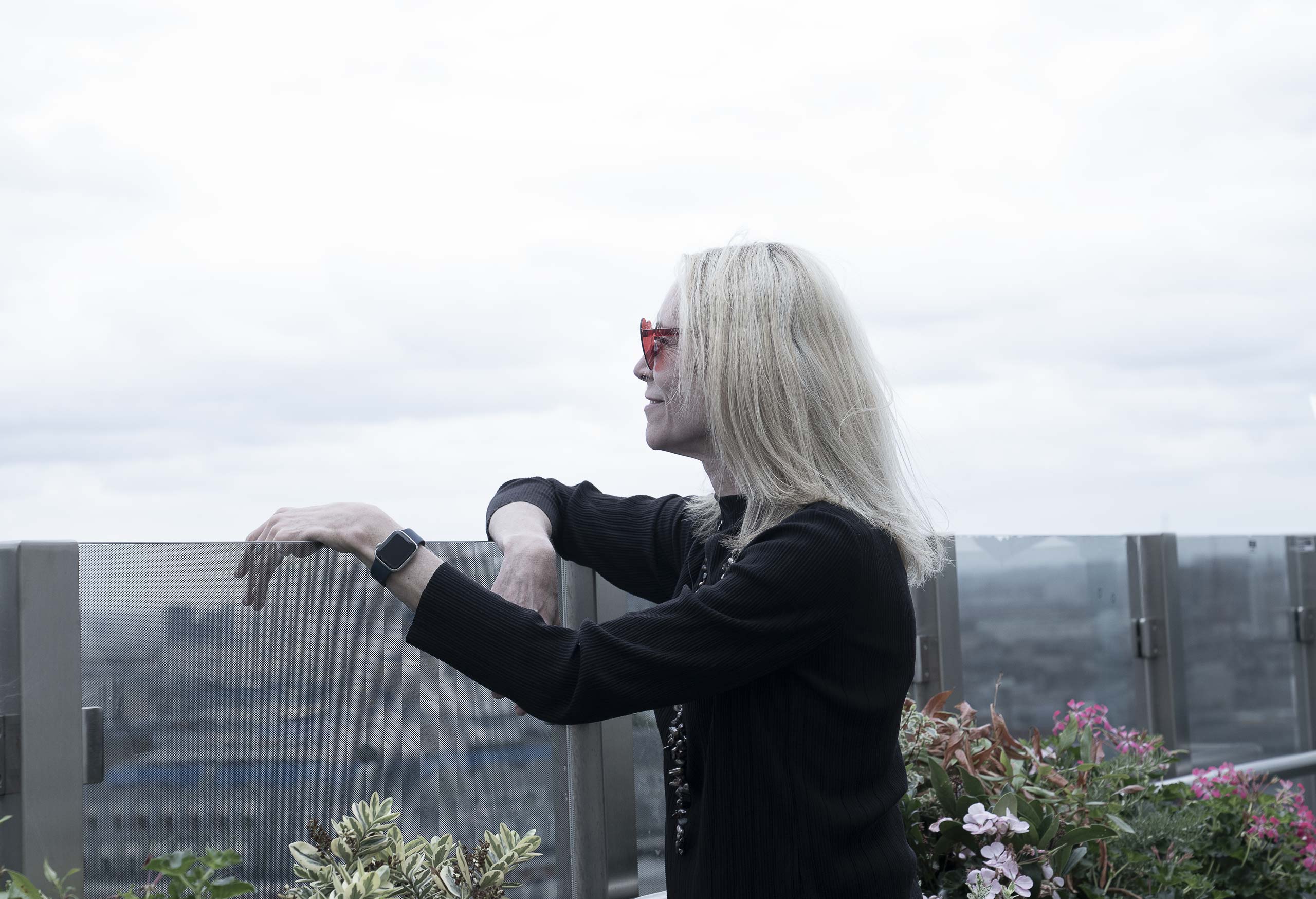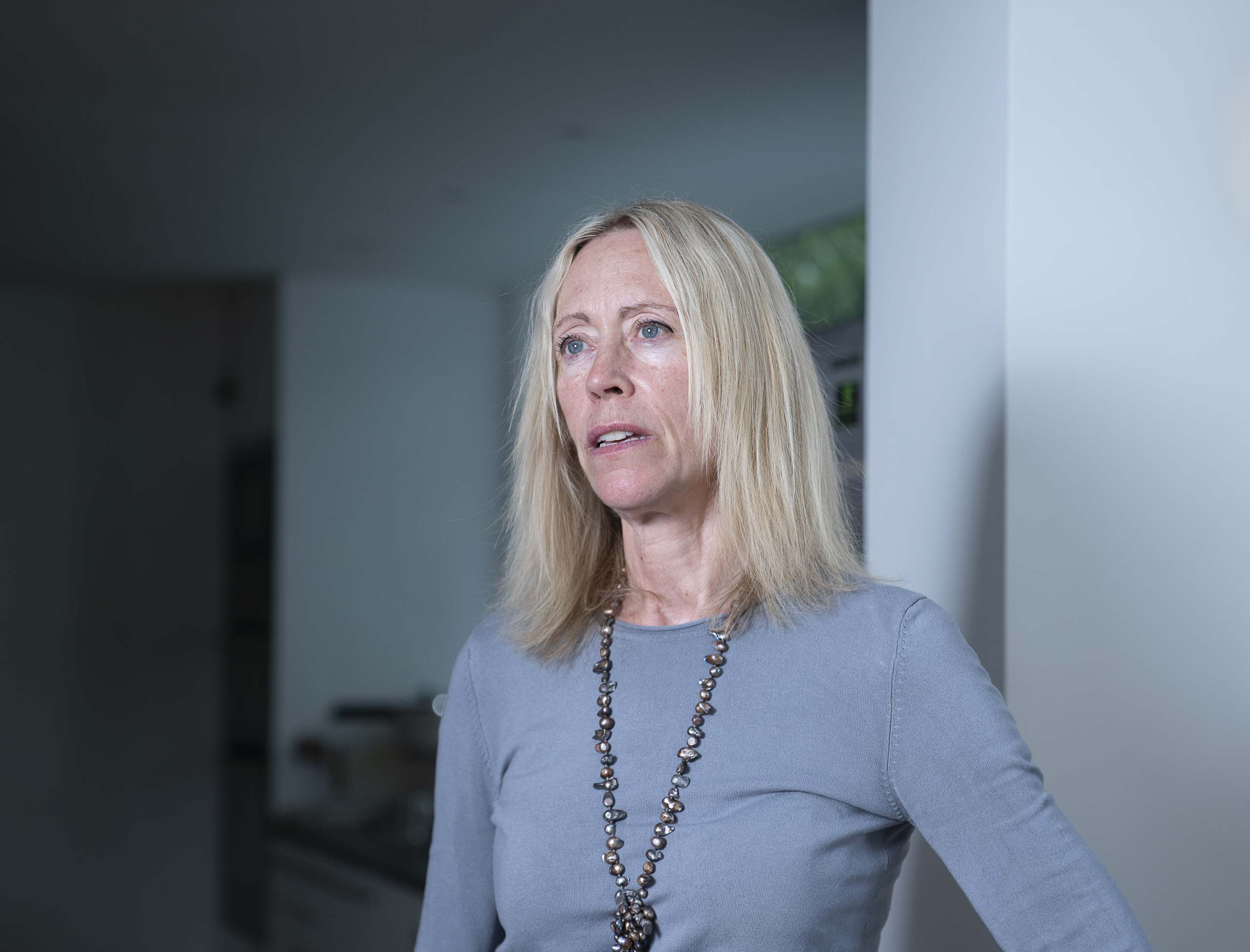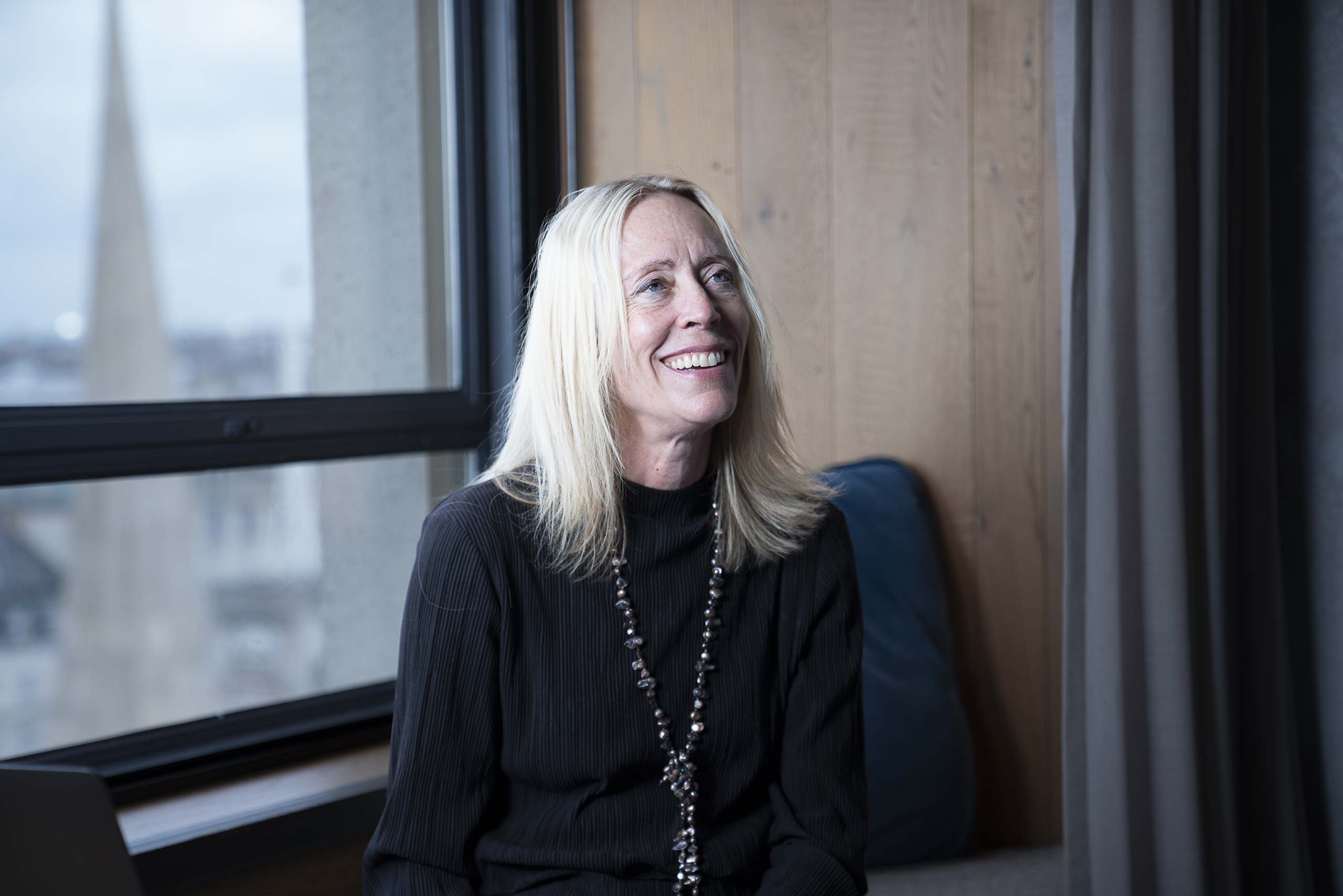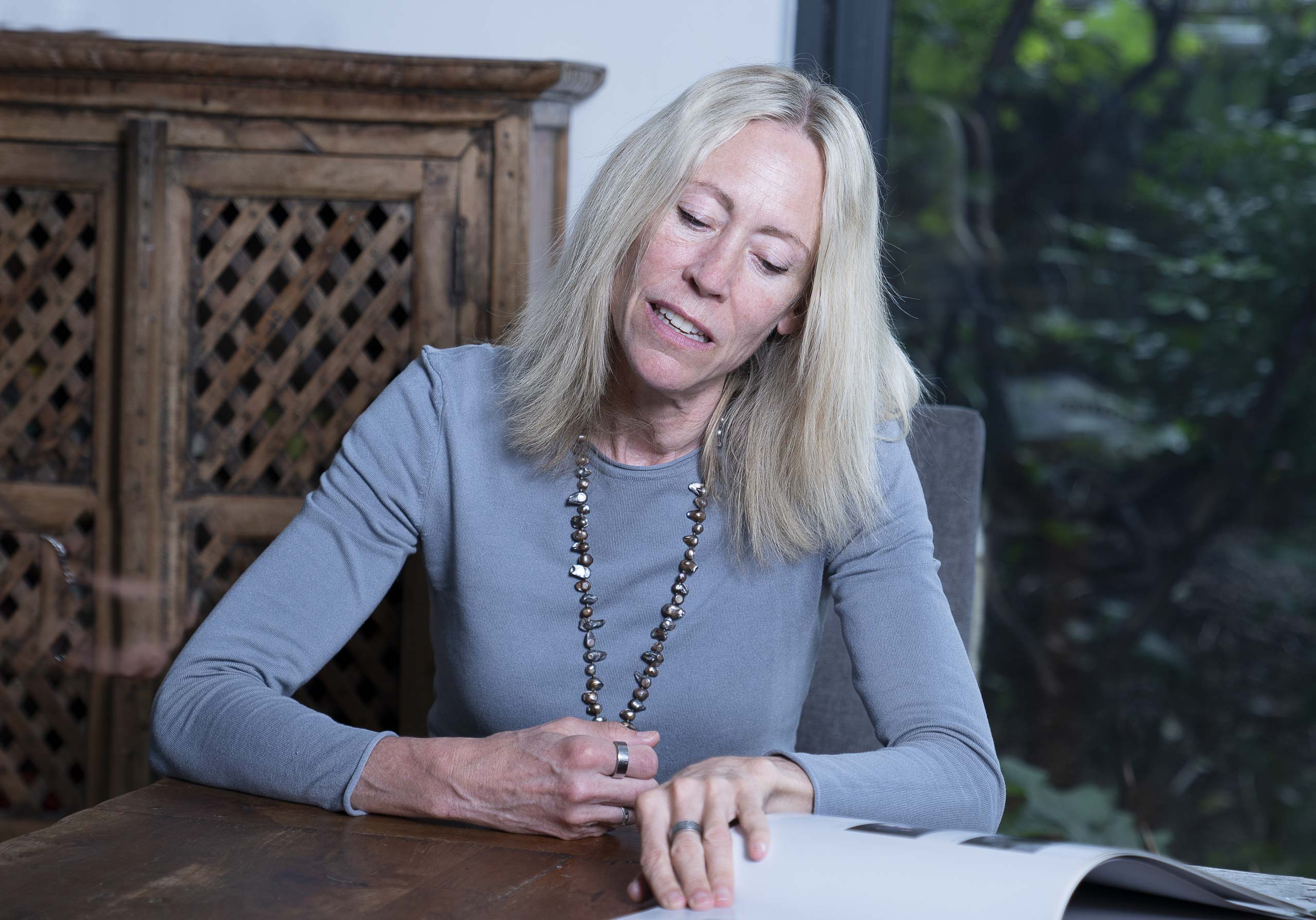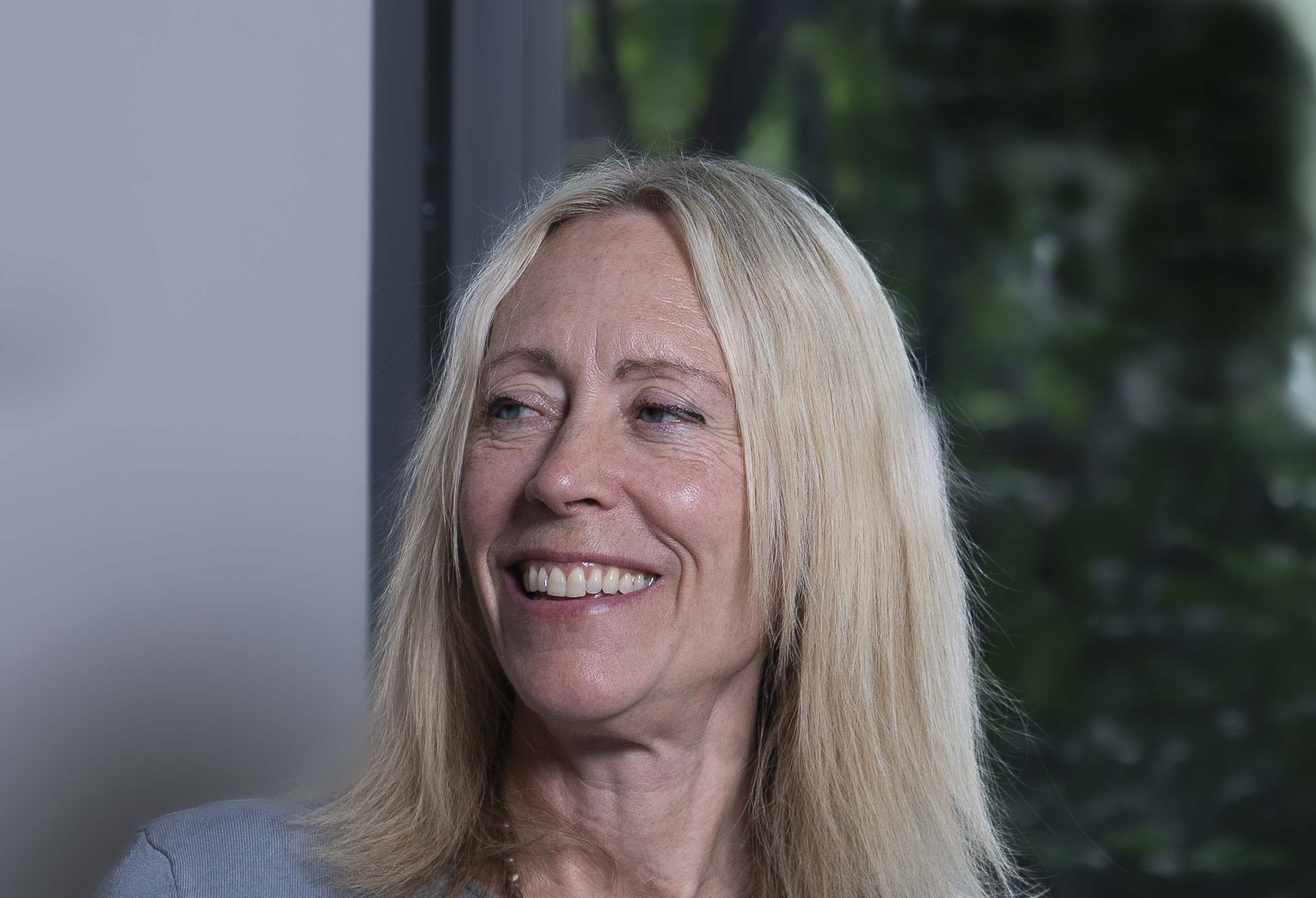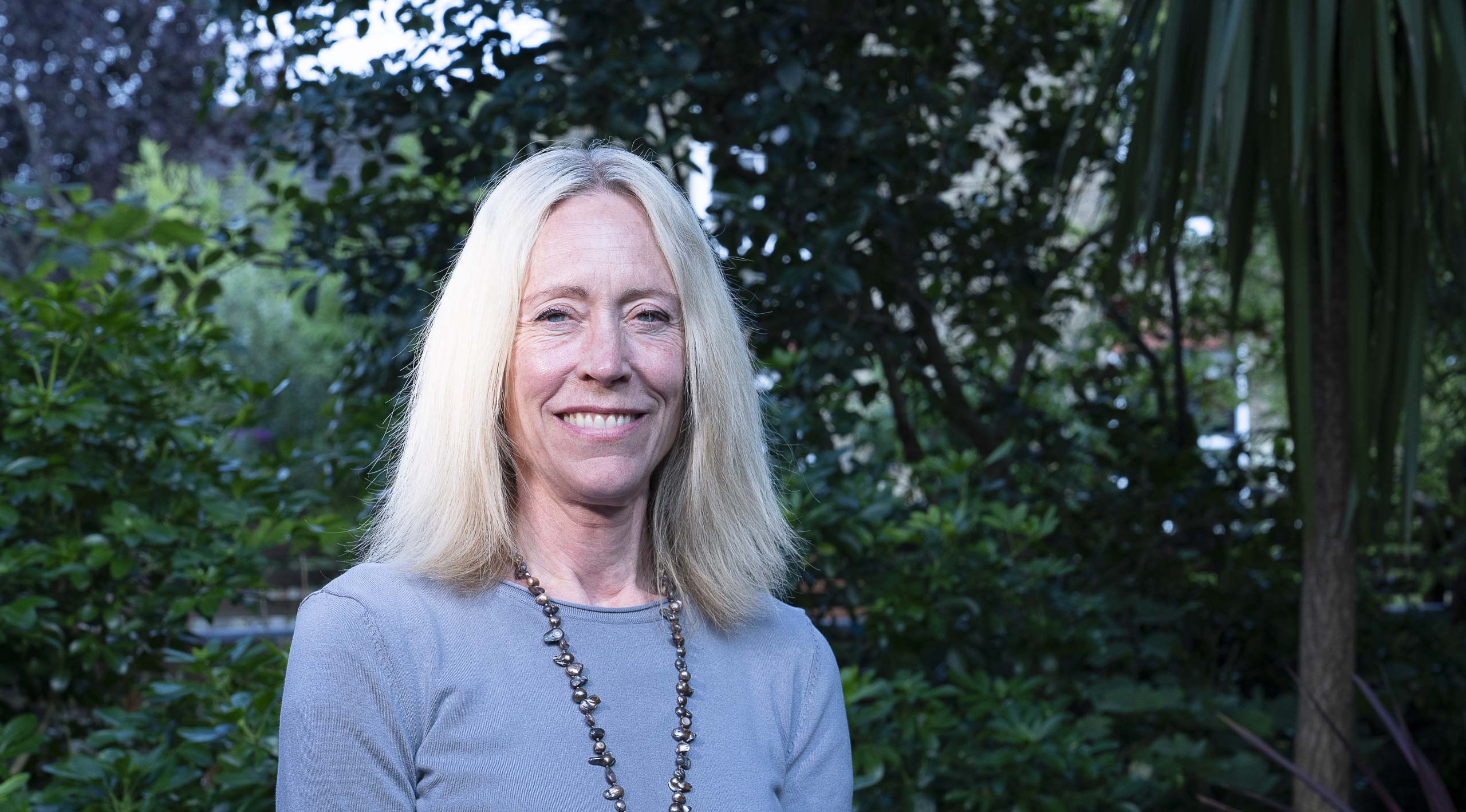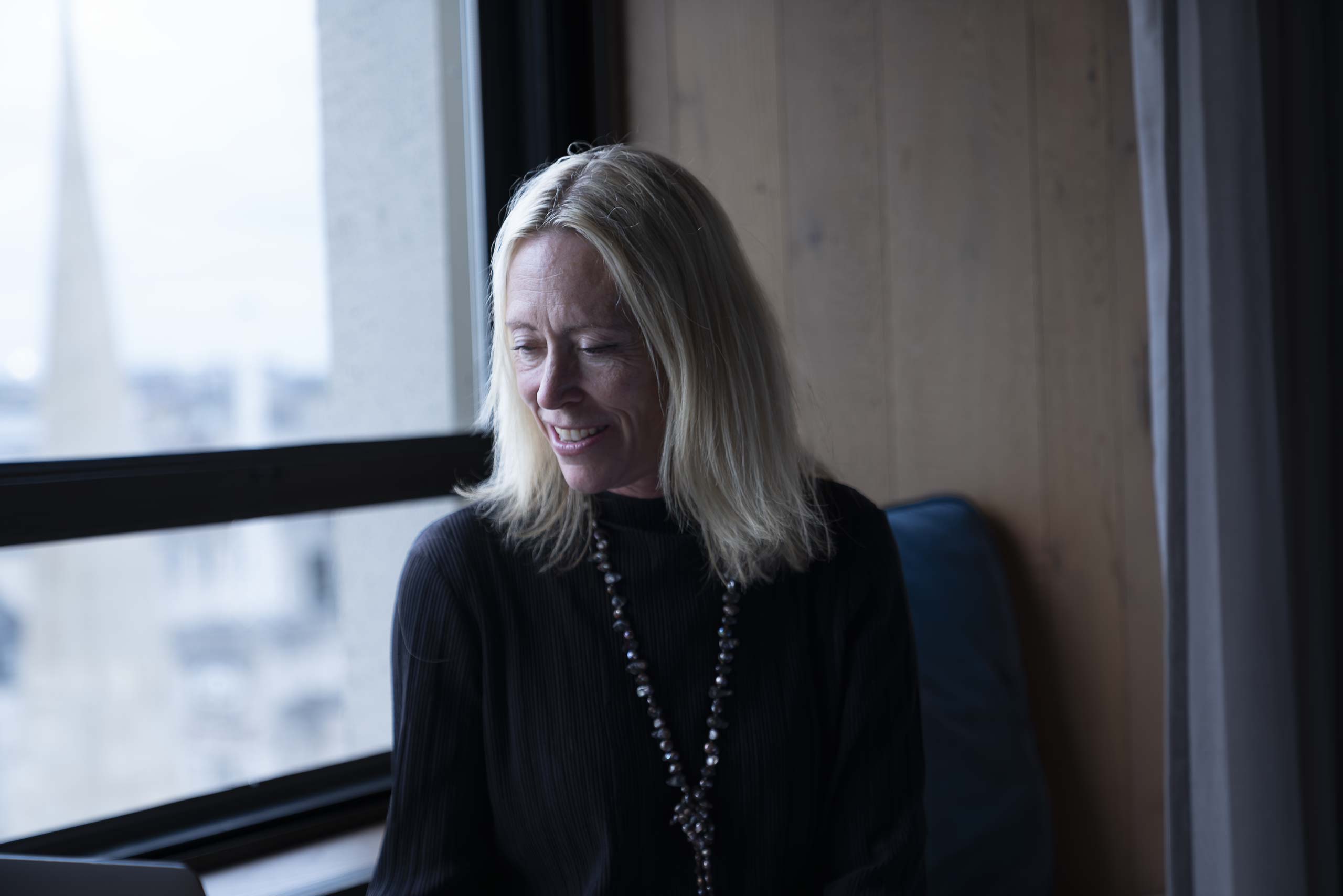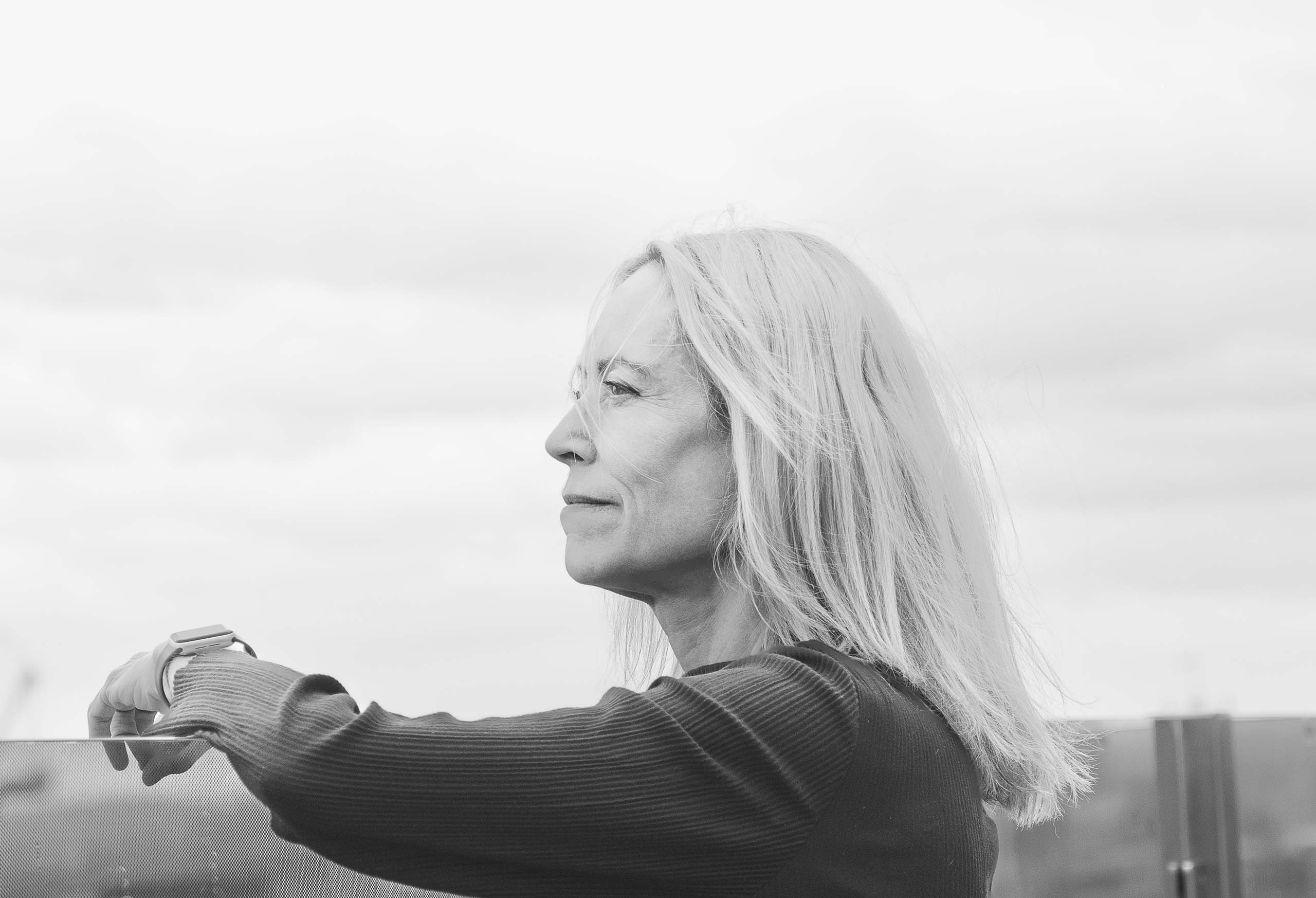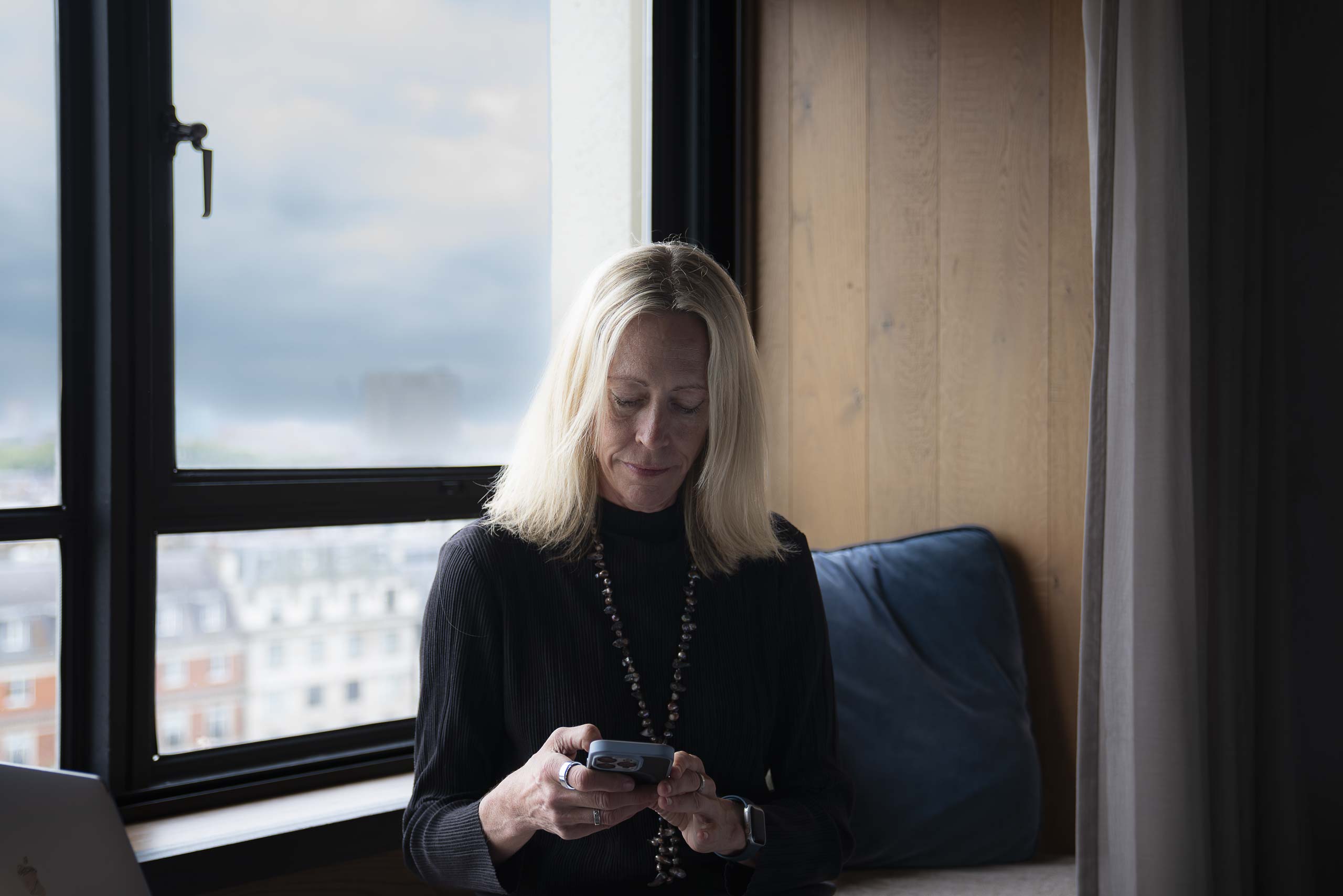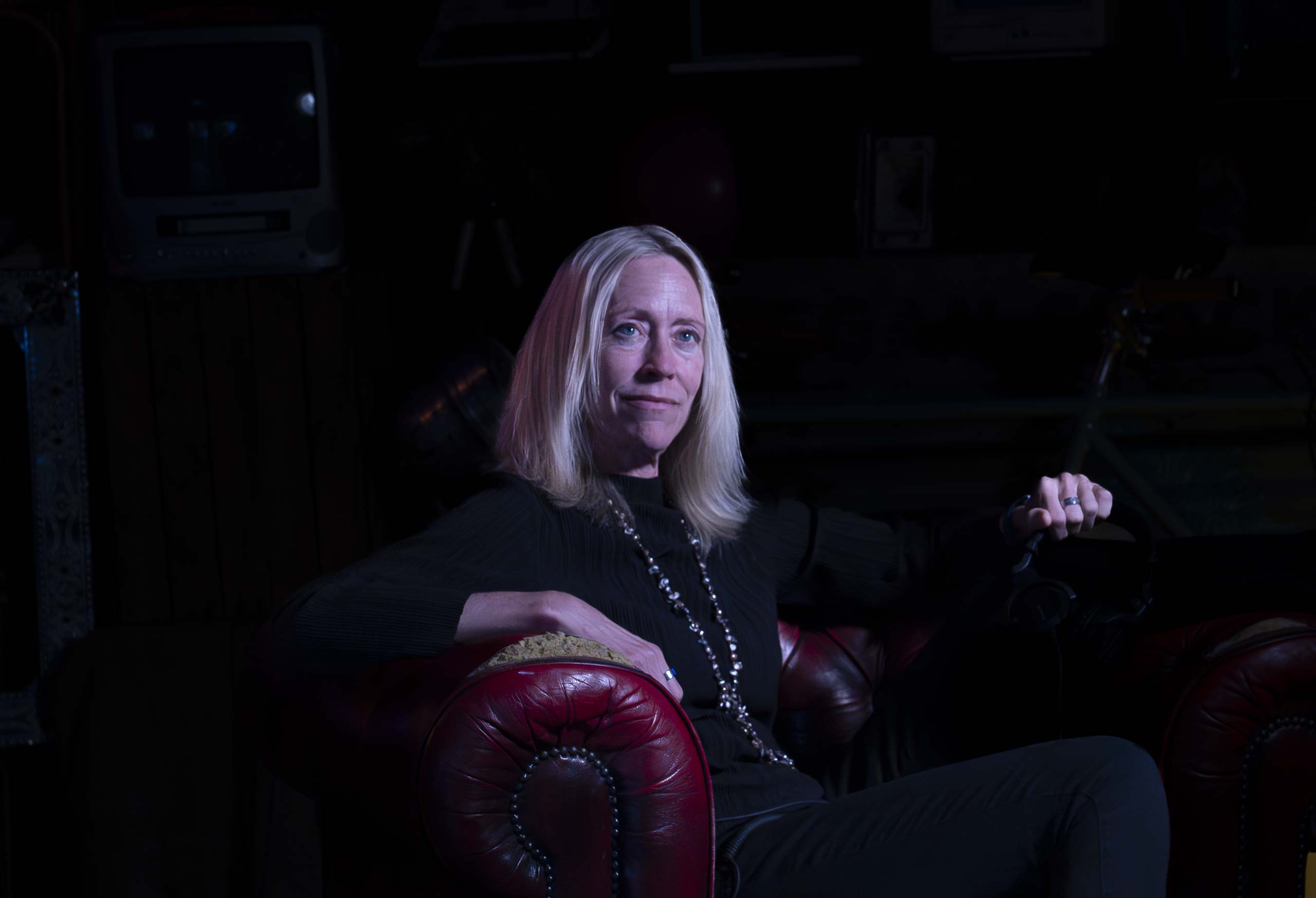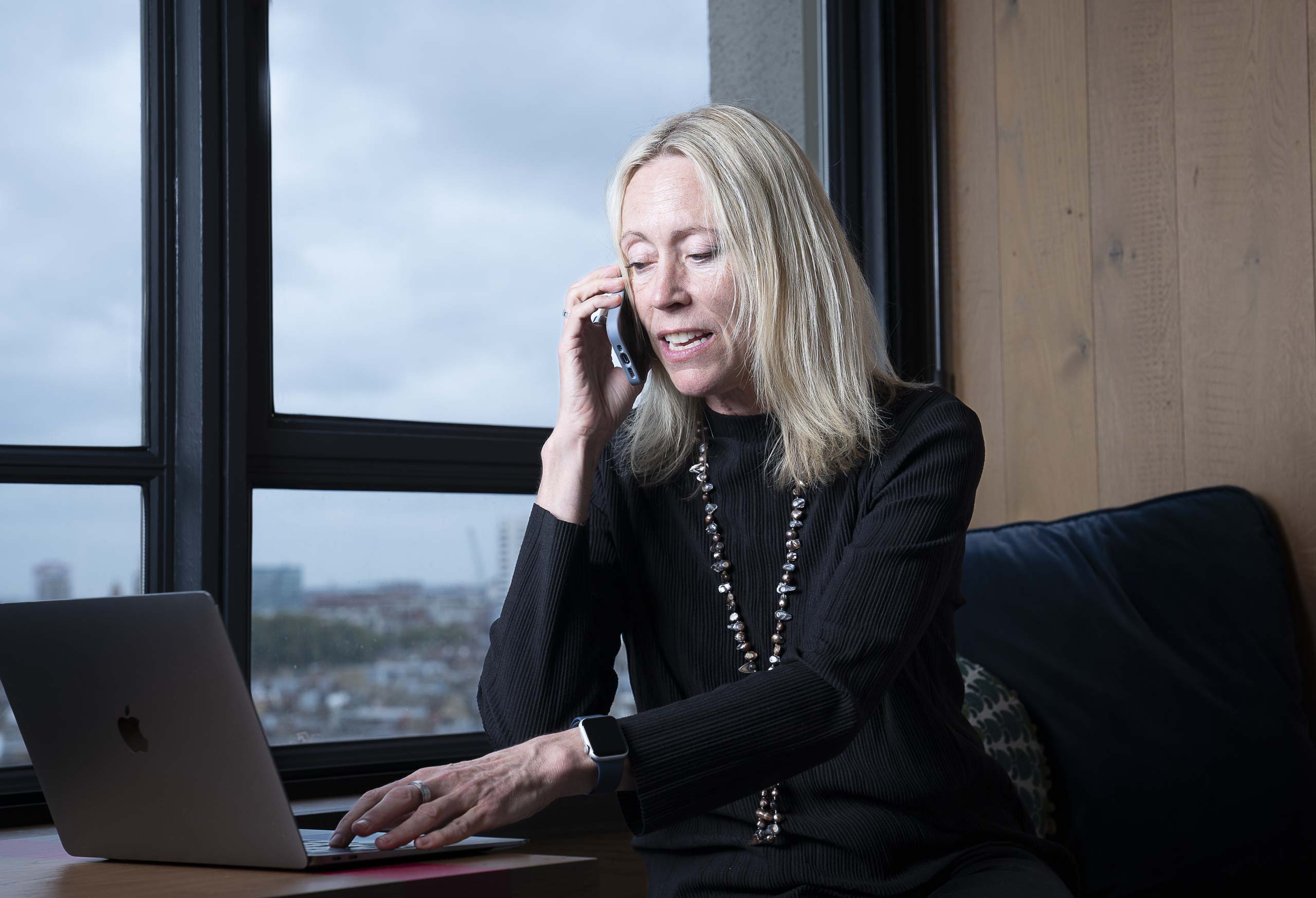Tina Woods
Tina Woods studied genetics at Cornell University in the USA and also has an MBA from Bayes Business School in London.
She is a mission-driven social entrepreneur and system architect bringing diverse stakeholders together in shared endeavors to improve and level up health, working at the cross section of science, technology, investment and policy/government. She is Founder and CEO of Collider Health and works with private, public and third sectors.
She is Founder and CEO of Business for Health, a business-led social venture developing a Business Framework for Health, bringing in “Health” into “ESG” mandates to support long-term sustainable innovation and investment in preventative health and care.
She is the Healthy Longevity Champion for the National Innovation Centre for Ageing in the UK.
and also a trustee for the British Society for Research on Ageing.
Tina’s book “Live Longer with AI: How artificial intelligence is helping us extend our health span and live better too” was published in October 2020.
Tina is the co-founder of Longevity Rave, a collective of entrepreneurs, scientists, DJs and artists that organize raves around the world using the power of music, joy and connection to bring the generations together to dance and celebrate life and humanity.
Why do you think you are successful?
And so, I became quite interested – as part of my natural curiosity – to start asking all the questions about this. I could see the impact of technology starting to reach real people in their real worlds and the power that this could give them to make decisions that would have a major impact on their lives. So, I became quite interested in working out how do you arm people with the tools and the information to take more control over their own lives and their destiny. That made me start thinking and questioning, well, how could I explore this central question?
I started doing my own thing, setting up my own company, Collider Health, and of course many other ventures and companies since then, which all link back to the system change approach to moving this model of sick care to a much more preventative health paradigm.
I’m not motivated by money at all. In fact, I wish I was more so to avoid my money worries. What drives me personally, as a naturally very curious person, is I ask questions.
And I’m also incredibly proactive as a person, that’s the entrepreneurial quality that I have. Many people equate the word ‘entrepreneurial’ with just making a lot of money, and doing things like, for example, setting up a business. Whereas for me, my entrepreneurialism is more around making things happen, getting things done and starting from nothing and creating something to address these questions. And because I am not motivated by money, I’d probably have less cashflow problems and more personal income as I’ve set up and run businesses throughout my life. Instead, I’ve been much more driven by my relationships and impact on people, the social impact, of my ventures.
As a social entrepreneur, you have to be so persistent and not take the knockbacks personally. You have to be very focused on a broader goal and be resilient to all the knockbacks, especially when you’re an unknown or you don’t have any big name or money behind you, which of course was certainly the case with me. I started with a blank sheet of paper at the age of 52. It was only through being very, very clear about the shared goals and being very, very focused on the outcomes, and being very, very persistent, very resilient, that I was able to make something out of nothing.
Being able to understand your fellow man and having that ability to read people helps a lot. You have to work out how you can get someone into the same space as you and understand where they’re coming from and, knowing that, how you’re going to find a space where you can agree and where there’s something to work with. And this ability replicated a thousand times over is probably what I’ve done in terms of my collaborations and the partnerships that I’ve struck. Bringing people behind you on a shared journey is about understanding the win-win of many different types of people and trying to get them behind a much bigger goal. I guess this a key part of the formula of how I’ve been able to achieve what I’ve set out to achieve – with very little resources and very little money.
By understanding people, and reading them, this allows you to conquer all the knockbacks. It’s empathy. Even though you may not agree with someone’s perspective, it’s trying to be in their shoes and trying to understand why they’ve got a certain view.
We have so much more power within ourselves to keep us healthy that we don’t know about. Many of the industries and companies that have been founded on treating us when we’re ill haven’t really been addressing the central question about how to prevent us from getting ill in the first place.
How do you recharge?
I work very hard but I get a lot of energy and motivation from what I love doing. My professional work keeps me going: it keeps me absolutely motivated and energised.
My recharge comes from a number of different places. It’s about being happy with who you are as a person, doing the things that you love and enjoy, and being surrounded by people who you love and trust. So I’ve been very lucky. I’ve got a very strong love and partnership with my husband and I’ve got wonderful children and wonderful friends and family. They are all part of my story, and of course, that’s a huge source of energy and support.
The work that I do in many ways is quite lonely, having to be evangelical and persuasive all the time to try and influence people. I am often a lone voice, and this can be quite solitary, and quite frustrating sometimes. And this is where you do need the support in the back, the people who you admire and trust yourself and rely on. So that, of course, is very, very important.
But for me it’s also about basic stuff like exercise and being able to find time and peace. I love people, and I love being surrounded by people, but I sometimes just need that space of being on my own, and that’s also part of my recharge.
That is why I love the outdoors, I love dancing, I love all these other pursuits which allow me to take a step back, recalibrate and recharge as well.
Do you have advice you’d like share?
In life choose not to be a victim, and find a way to be part of the solution. I try and share that with my own family and my own sons all the time. You have it in your own gift, your own power, to actually make a difference. And I think all of us have the responsibility to do that with the resources and the gifts that you have as an individual, but also collectively with your networks. We can all be victims, but that doesn’t get us anywhere.
Better to be proactive. And try as much as possible to be a master of your own destiny. But then you have to take responsibility If you want the responsibility.
Do you have a vision of utopia?
If I imagine utopia, I think this is about being fair and doing as you would want others to do for yourself – being a good neighbour, I think these are human principles we should all be guided by. Harder done than said, of course in the real world.
But I think utopia for me personally is to feel that I can leave this world hopefully in a better place than I found it. And to feel that I have no regrets and always tried to be a good neighbour. We all make mistakes, that’s just part of life. But I think if we can come to a place where, in the utopian world, there is the ability to share resources equitably and fairly, I think that would be the ideal.
